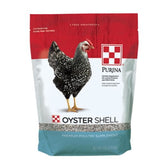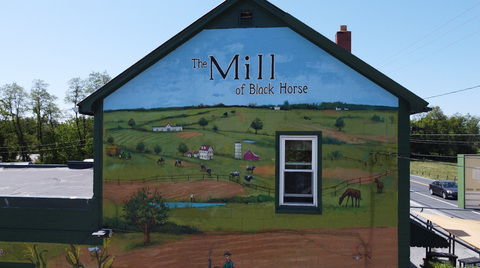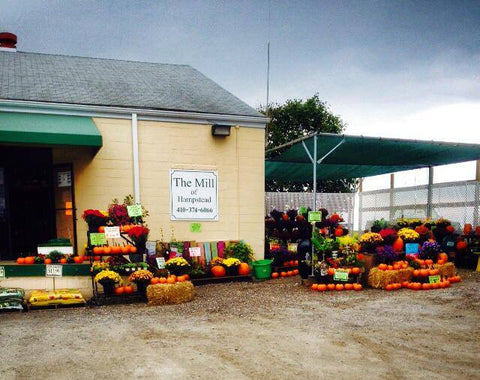Raising backyard chickens is a widespread hobby that has drastically increased in popularity in the past 5 years. People raise backyard chickens for egg production, insect control, or simply as companion animals. It is a very rewarding hobby but it’s important to provide them with a well-balanced diet that meets their nutritional needs so that they stay healthy and are prolific egg producers.

Here are some tips for your backyard flock:
-
Balanced Diet: Chickens require a balanced diet of proteins, vitamins, grains, and vegetables to stay healthy and lay eggs. Depending on the breed, age, time of year, and climate, chickens can need different amounts of those nutrients. Chicks should be fed a starter feed through about 16 weeks of age and then be transitioned to a layer feed. Chickens typically start laying around 18–20-weeks old but some will take longer than that. At around 18 months of age, chickens will go through Molt, which is when they shed all their feathers to make way for new ones. During that time, they will stop laying since they are putting their energy and nutrients into feather production.
-
Fresh Water: Water is often the forgotten ingredient in an animal’s diet but it’s the most important ingredient for health and digestion. Always keep clean, fresh water in front of your chickens.
-
Complete Feed: There are many different options for complete feeds including our own custom Mill brand, Nutrena, Purina, and many more. These feeds are built as “complete” feeds, so they have all the necessary nutrients to meet the average needs of most chickens. Sometimes, these feeds can lack the necessary calcium and protein levels depending on the time of year and your birds’ life stage (e.g. molt and early heavy egg production). If there is a calcium deficiency, you may start to see your chickens pecking and eating the eggshells. If this is happening, the best practice would be to offer oyster shell to them as it’s a great source of
 calcium. Feeding eggshells is another option, however, it is best done when finely crushed because feeding them large eggshell pieces will lead to them eating whole eggs as well. Once they start eating eggs, it is very difficult to get them to stop.
calcium. Feeding eggshells is another option, however, it is best done when finely crushed because feeding them large eggshell pieces will lead to them eating whole eggs as well. Once they start eating eggs, it is very difficult to get them to stop. -
Scratch: Scratch feed is a treat and shouldn’t be treated as a complete feed since it’s not balanced with proper protein, amino acids, vitamins, and trace minerals. Chickens love scratch and it will keep them happy, but it should only be used as a treat.
-
Grit: Chickens have a digestive system with a gizzard that contains little pebbles and hard objects to help grind feed into smaller particles. We want to offer chickens free choice grit to make sure they’re getting a sufficient supply to efficiently break down and digest feeds.
-
Feed Storage: Chicken feed tastes good to more animals other than just chickens. It is a best practice to store your chicken feed in a metal/aluminum can that rodents and birds can’t get into.
These are a few of the basics when it comes to your backyard flock but there are many more. These tips will help keep your chickens content and prolific egg layers.












